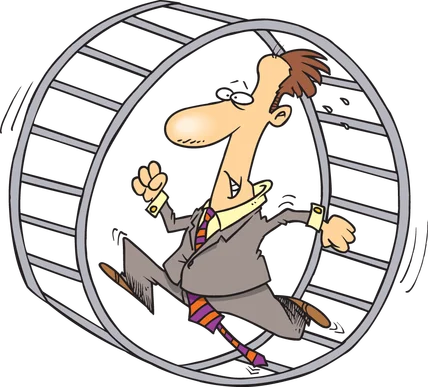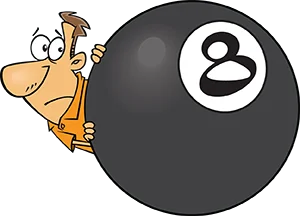Bookkeeping Talking Quizzes

Bookkeeping Talking Quizzes
Basic Bookkeeping and Accounting Concepts
These True and False Quizzes are for self-evaluation purposes- no score is kept.
Approximately 200 Questions and Answers
How They Work:
- A Question is presented.
- The Question is repeated.
- Lastly, the Answer and Explanation is presented.

Video and Audio
For those that can handle a fast pace and want to see and hear.
Test your bookkeeping and accounting knowledge with these talking audio-video quizzes. Bookkeeping topics covered include the general ledger, chart of accounts, special journals, financial statements (balance sheet, income statement), internal controls, debits and credits, and inventory.

Video Only
For those that need a slower pace and only want to see.
Test your bookkeeping and accounting knowledge with these video quizzes. Bookkeeping topics covered include the general ledger, chart of accounts, special journals, financial statements (balance sheet, income statement), internal controls, debits and credits, and inventory.

These Talking Bookkeeping Quizzes test your knowledge of beginning bookkeeping and accounting topics including the general ledger, types of accounts and the chart of accounts, journals, accounting equation, financial statements, debits and credits, business transactions, accounting rules, and more.
These True and False Quizzes are for self-evaluation purposes- no score is kept.
Seven Quizzes with 10 Questions each are presented for a total of 70 questions..
How They Work:
- A Question is presented.
- The Question is repeated.
- Lastly, the Answer and Explanation is presented.

Bookkeeping Talking Transaction Exercises
These exercises test your knowledge of recording bookkeeping transactions by identifying accounts and using the debit and credit rules.
These exercise present a transaction and your job is to identify the appropriate major type of accounts such as asset, liability, equity, revenue, expense, or draws and whether to debit or credit the accounts.You can also take a stab at identifying the associated detail accounts such as cash, inventory, and office supplies, etc. Note: the actual title of the detail accounts may vary as many businesses have different account titles for identifying their detail accounts (chart of Accounts).
